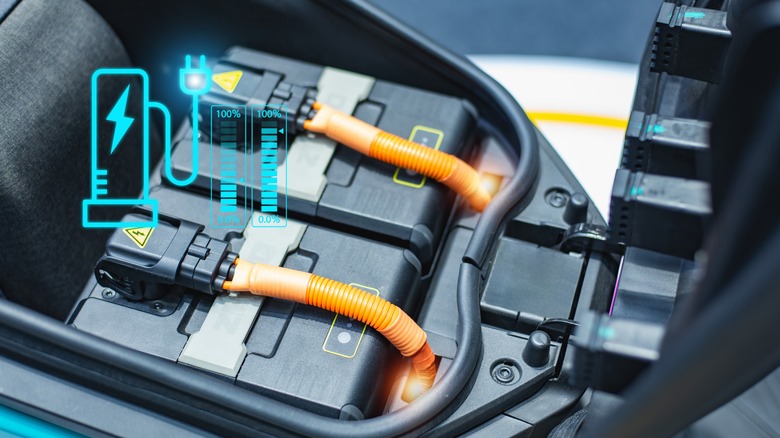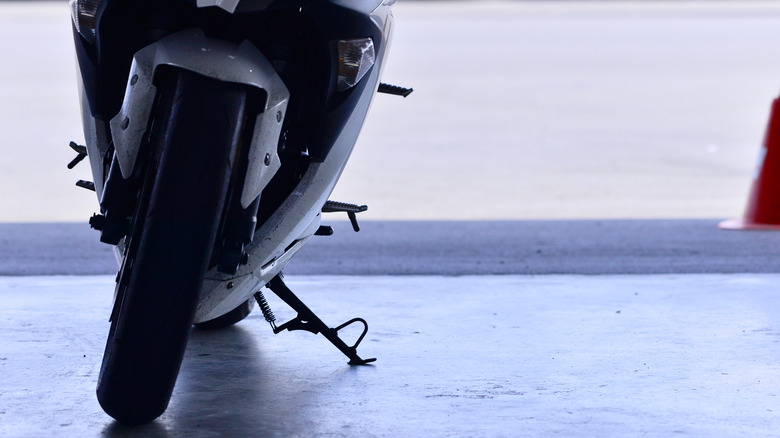What Are Hybrid Motorcycles, And How Do They Work?
The world is heading into the advent of the hybrid motorcycle. Traditional motorbikes have been around for some time, and are already fuel-efficient machines perfect for daily commutes and convenient travel. On average, and depending on the make and model, motorcycles have been reported to get up to 50 miles per gallon of fuel compared to a sedan's 25 to 30 miles per gallon. However, there's always room for improvement in efficiency. Following Kawasaki making headlines with its Ninja 7 Hybrid sport bike, other major motorcycle brands are looking into developing their own hybrid motorcycles.
Hybrid motorcycles, like hybrid cars, have an internal combustion engine supplemented by an electric motor, which results in fewer emissions and more efficient gas mileage. The hybrid system allows the motorcycle to switch between gas and electric power seamlessly, using one or the other when conditions demand it. Unlike a fully electric motorcycle, like Kawasaki's Ninja e-1, a hybrid motorcycle is capable of power and speed closer to that of a fully gas-powered bike.
Charging the batteries
Hybrid bikes have batteries to power their electric motors. In Kawasaki's Ninja 7 Hybrid, it's a 48V lithium-ion battery. When consumers hear "electric," they often think about EV charging stations and possibly needing to install one at their homes. That's likely to turn away some potential buyers. However, fumbling around with wires is not required to charge a hybrid motorcycle.
Like hybrid cars, such as the head-turning Toyota Prius, there's no need to plug in a hybrid motorcycle. Instead, hybrid motorcycles rely on the technology of regenerative brakes. This kind of braking system uses the kinetic energy generated from the friction the brakes use to stop and slow down the motorcycle, sending that energy to the battery. This not only keeps the hybrid free from charging cables but also increases the motorcycle's driving range. Unfortunately, when driving at low speeds, the charge that regenerative braking produces is negligible.
Is a hybrid motorcycle right for you?
Naturally, owning a hybrid motorcycle is a matter of preference. If your primary concern for owning a bike is fuel economy, then a hybrid is the right choice. Maybe even a fully electric bike is the way to go. However, a hybrid bike will get you faster speeds, which is often a major concern for many American consumers. Unfortunately, hybrid motorcycles don't yet have quite the same performance specs as their gas-powered counterparts.
Owning a bike like the Kawasaki Ninja 7 Hybrid might satisfy an environmentally conscious driver, but hybrid technology is an expensive endeavor, and hybrid motorcycles are more expensive than traditional ones. It's a challenge finding space in a motorcycle's frame for a combustion engine, an electric motor, and a battery. Furthermore, hybrid motorcycles are relatively new, with Kawasaki supplying the "world's first strong hybrid motorcycle." At the moment, it's kind of a novelty product that many riders are still skeptical of.
A hybrid motorcycle might be perfect for someone who primarily uses the streets of a major metropolitan city but likes to get out on the open road occasionally.


